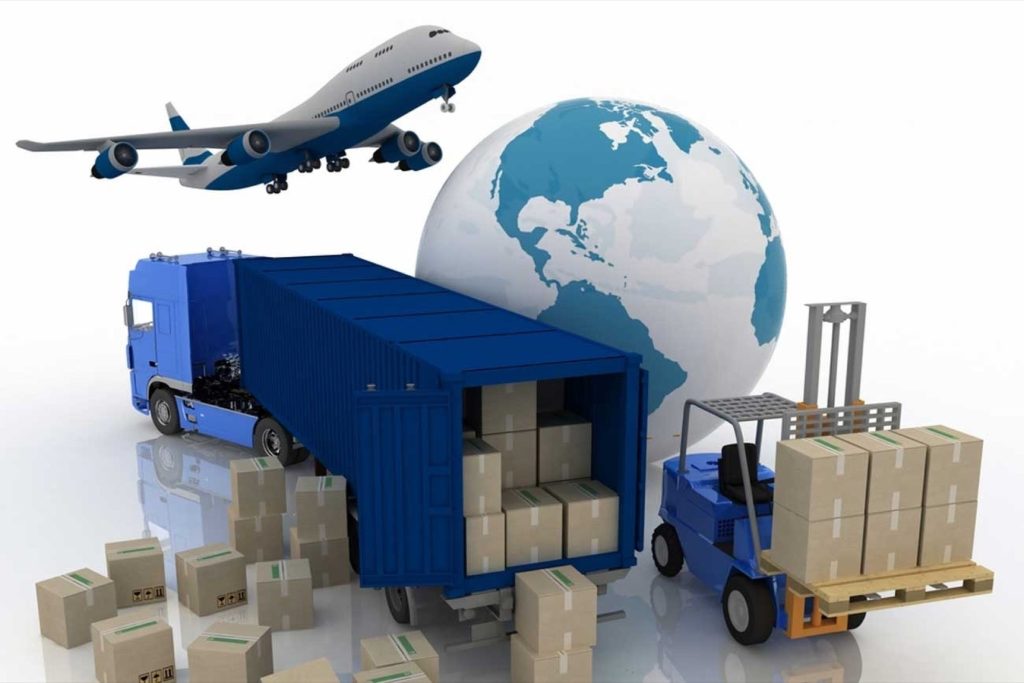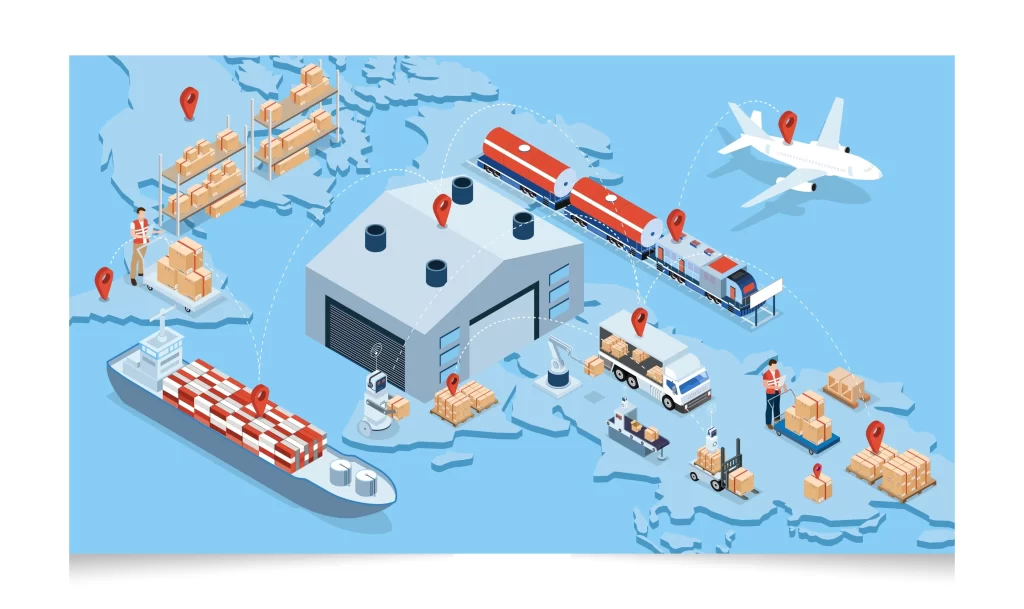
Picking the correct technique to transport goods is vital for every business. Some desire freight forwarders, while others rely on traditional shipping services. Each method brings unique aids that shape trade operations. Freight forwarders manage the entire process by coordinating logistics, documents, and tracking details, whereas traditional services often focus on direct shipment between points. With factors such as cost, delivery time, and service flexibility, understanding both helps businesses select wisely. Many regions with regulations like truck ban cebu have further increased awareness around efficient transport management.
1. Management Responsibility
Freight forwarders oversee numerous transport modes, manage documentation, and handle customs. They lessen the workload for businesses that prefer whole logistics assistance rather than handling separate service providers for each process.
2. Documentation Process Simplified
Paperwork and compliance can delay delivery if not handled appropriately. Freight forwarders simplify document management through integrated systems, guaranteeing customs, bills, and insurance papers are correctly processed and delivered quickly.
They usually manage:
- Customs clearance and declarations properly checked for errors
- Insurance documentation prepared with risk evaluation steps carefully planned
- Bill of lading and airway bills reviewed for correct shipment codes
- Compliance reports verified before final cargo release approval
3. Flexibility in Operations
Freight forwarders provide adaptability by combining air, sea, or land routes to optimize delivery time and cost. This flexibility suits companies needing customized schedules and cross-border compliance solutions efficiently.
4. Tracking and Monitoring Systems
Modern logistics systems now include real-time updates that enhance control and visibility. Freight forwarders generally use integrated platforms, allowing easy access to shipment status and delivery confirmation.
Tracking advantages include:

- Accurate delivery status displayed within minimal delay after movement
- Reduced communication gaps, ensuring smoother cooperation among departments
- Data reports are useful for performance evaluation over extended shipping periods
- Simplified notification alerts improving decision-making accuracy
5. Cost Comparison Factors
Pricing differs between the two methods depending on shipment size, route, and duration. Forwarders may offer discounts for bulk movements, while traditional services usually have fixed rate structures.
6. Choosing the Right Option
Picking the finest service depends on shipment type, frequency, and handling capacity. Large organizations may advantage from coordinated systems, while smaller enterprises might prefer simpler arrangements.
Decision guidelines involve:
- Volume consistency measured across multiple shipment intervals was carefully analyzed
- Cost evaluation based on frequency and route availability is consistently applied
- Regulation checks maintained for compliance with regional rules like truck ban cebu
Selecting between these two methods requires assessing priorities clearly. Those needing wider coordination prefer forwarders, while simpler operations rely on traditional carriers. Balancing cost, safety, and service structure ensures consistent supply movement. Businesses should also evaluate regional regulations, reliability, and technology use before choosing.




